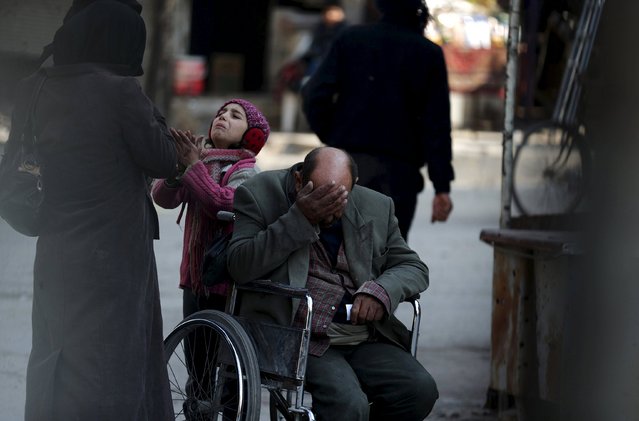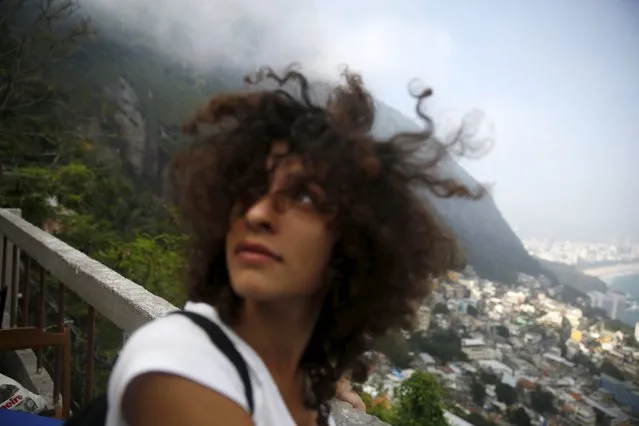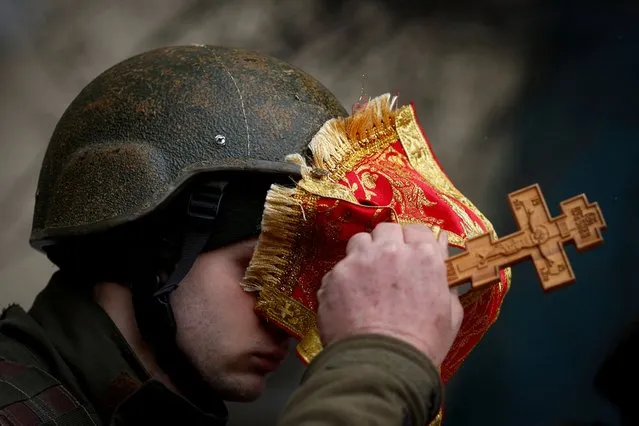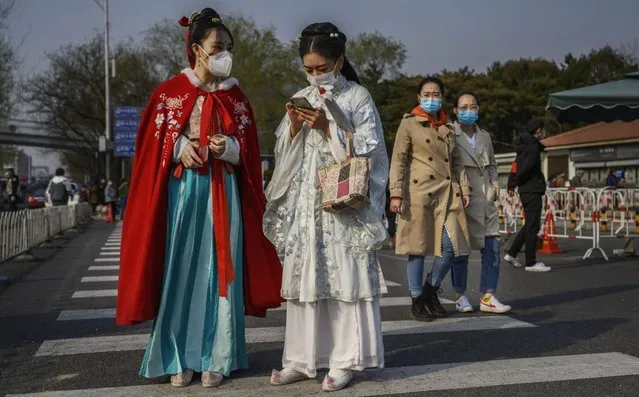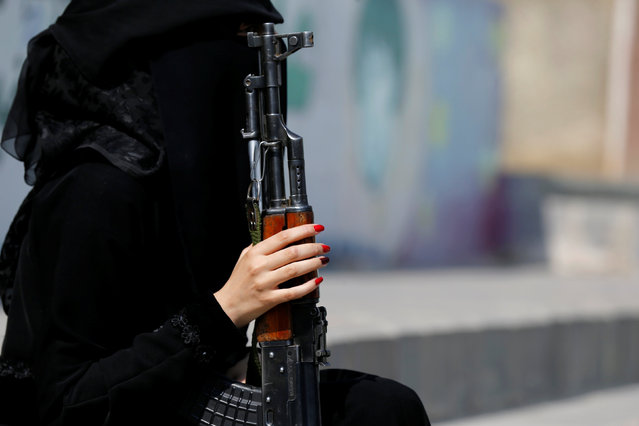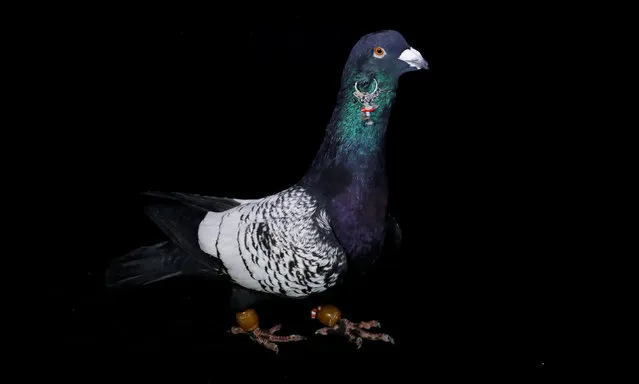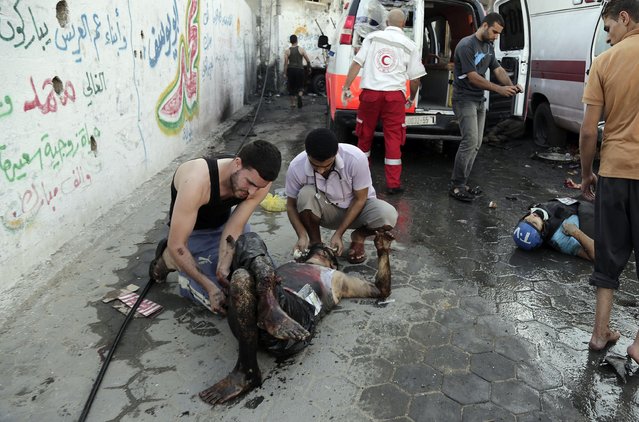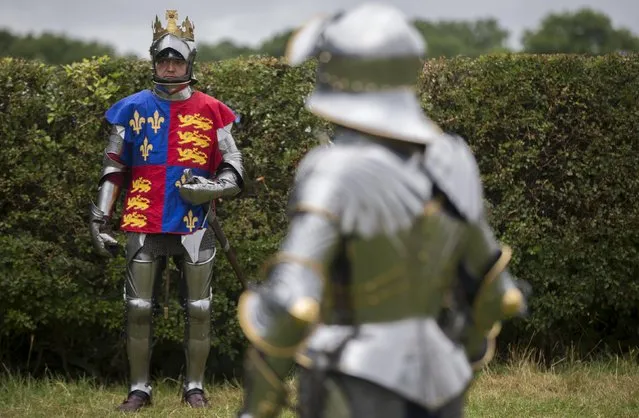
Historical re-enactor Andreas Wenzell dresses as Britain's King Richard the third in a living history camp during an anniversary event for the Battle of Bosworth near Market Bosworth in central Britain, August 23, 2015. The Battle of Bosworth took place in 1485 during the War of the Roses between the House of Lancaster and the House of York. King Richard III was defeated by Henry Tudor marking the end of Plantagenet rule and the beginning of the Tudor dynasty. (Photo by Neil Hall/Reuters)
24 Aug 2015 13:11:00,post received
0 comments

